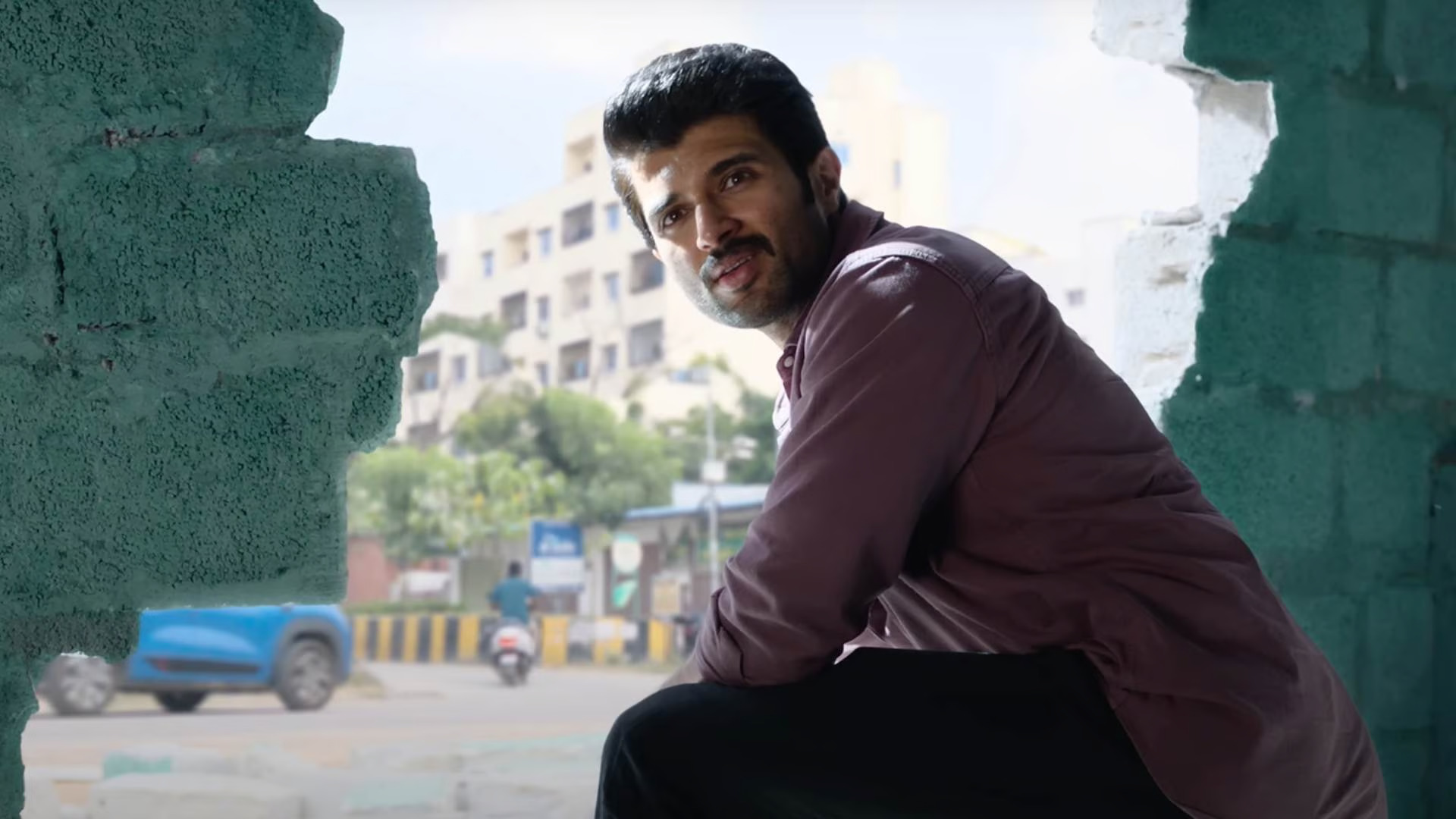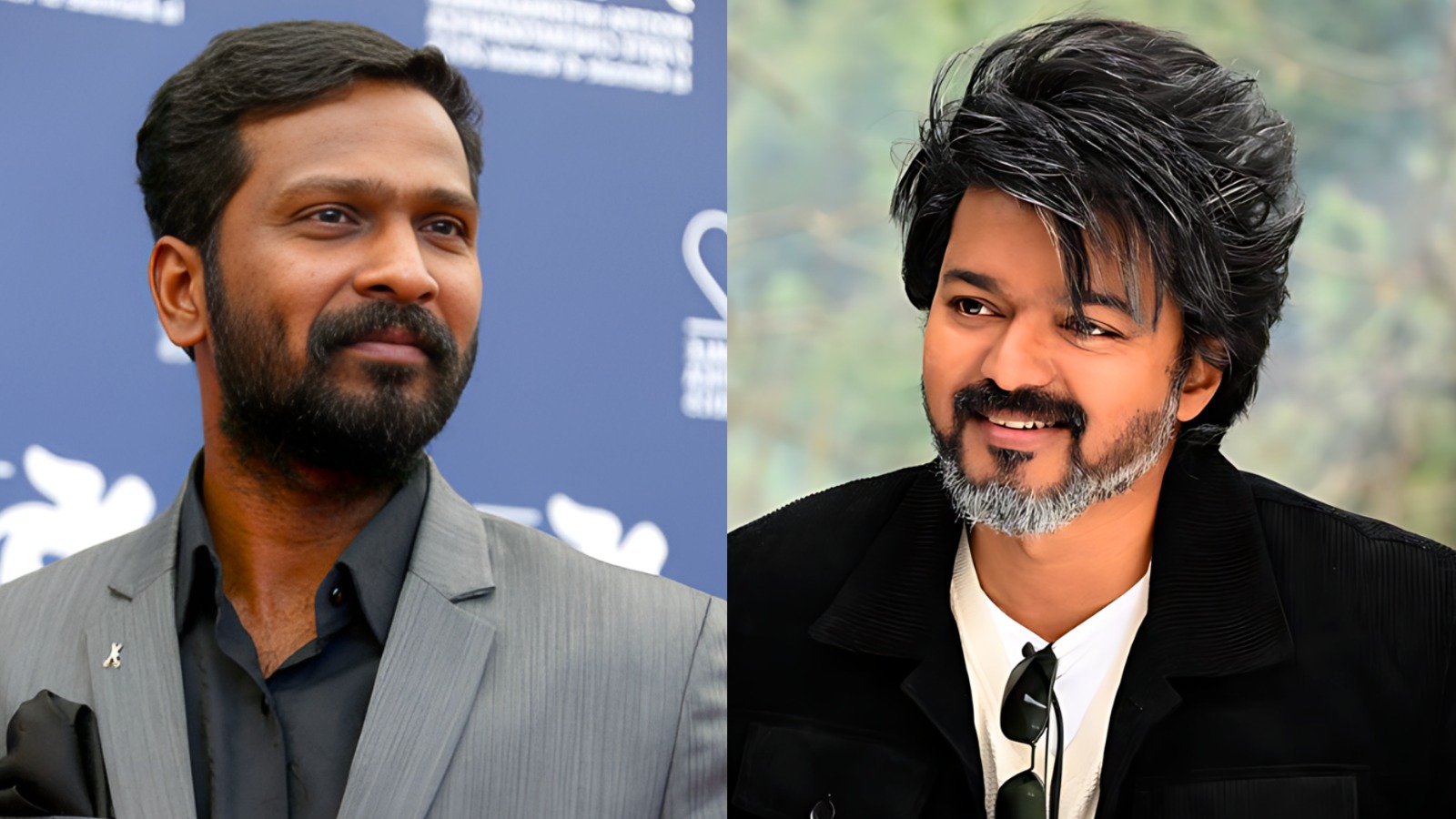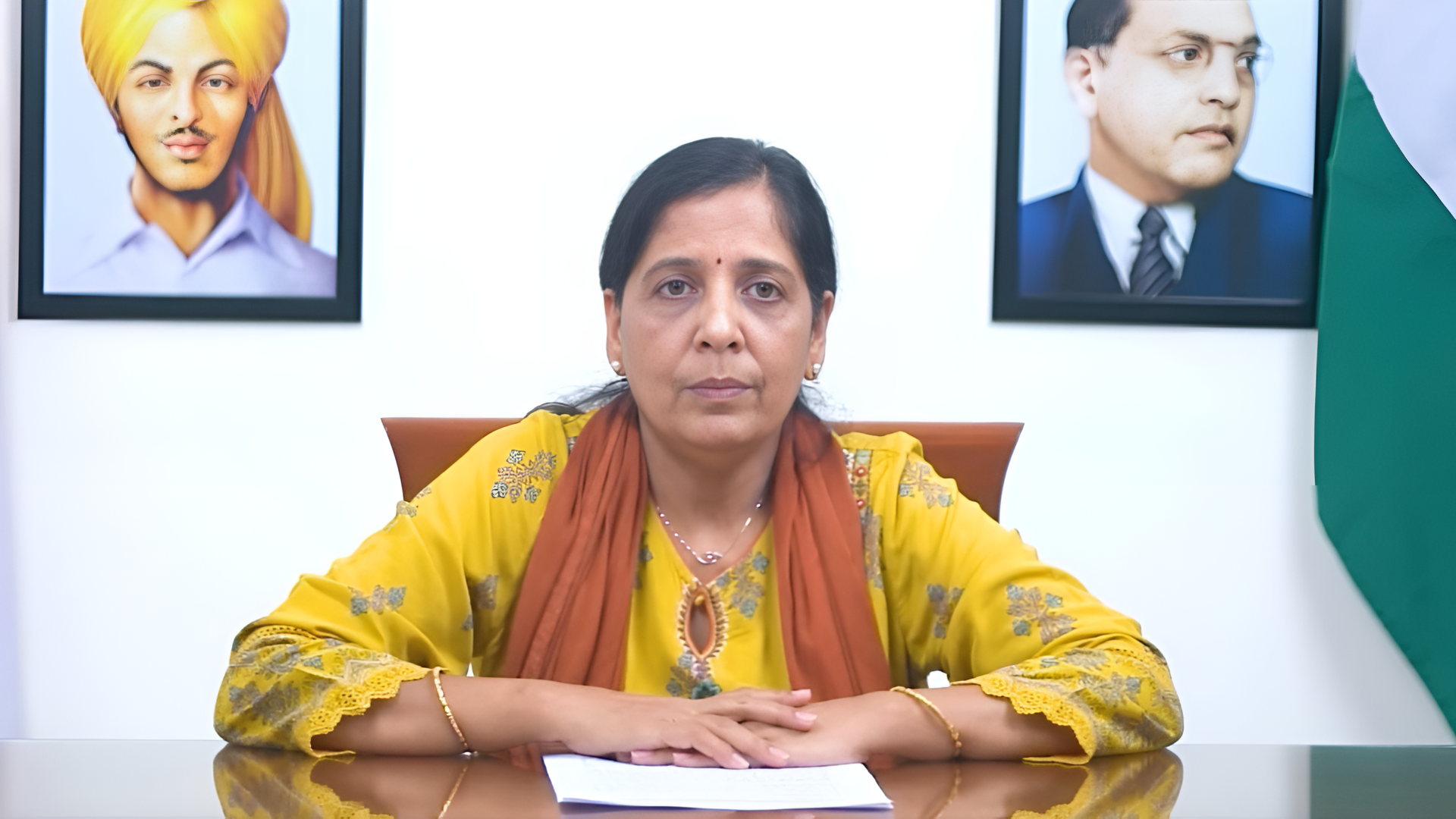




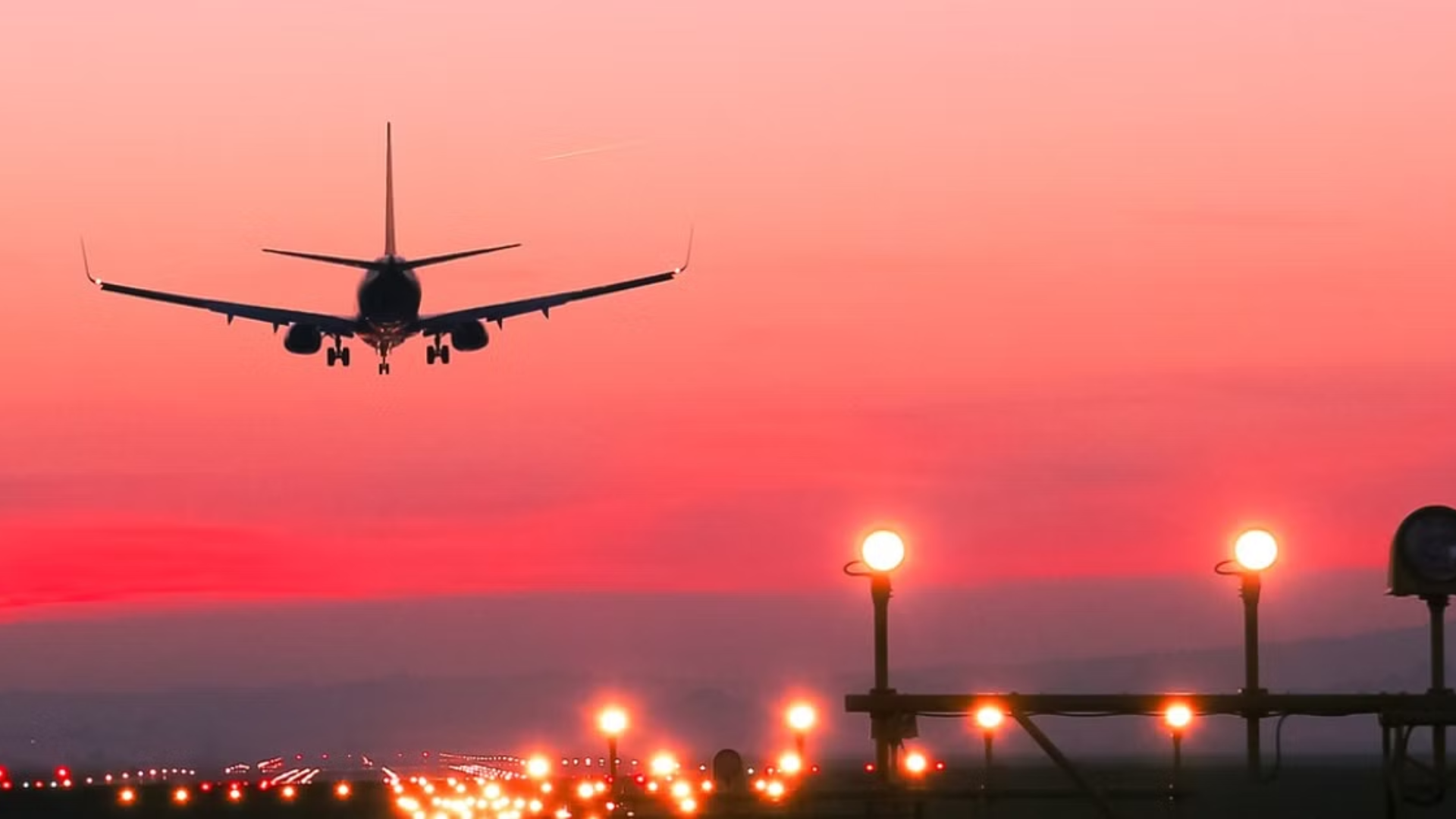
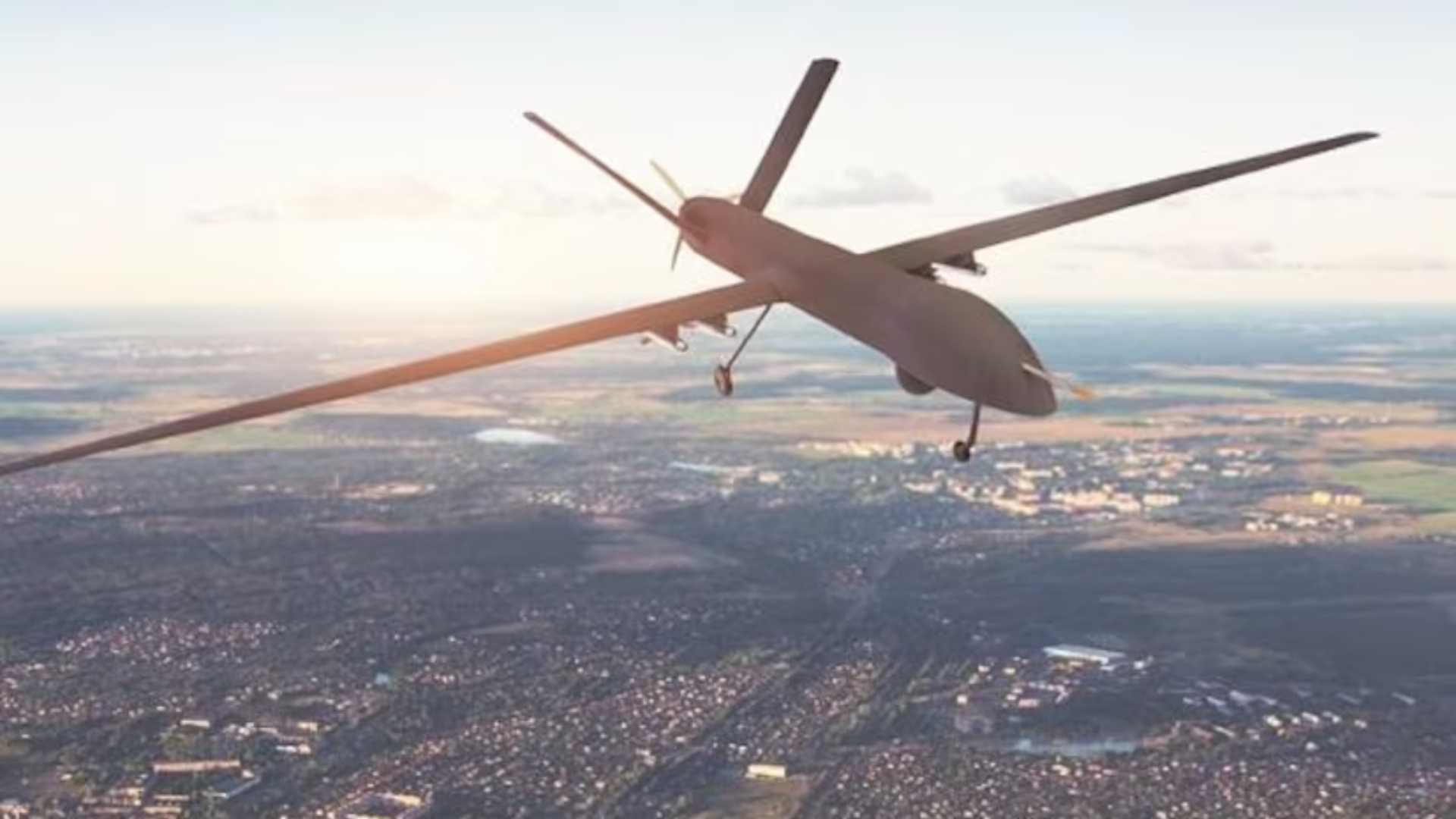


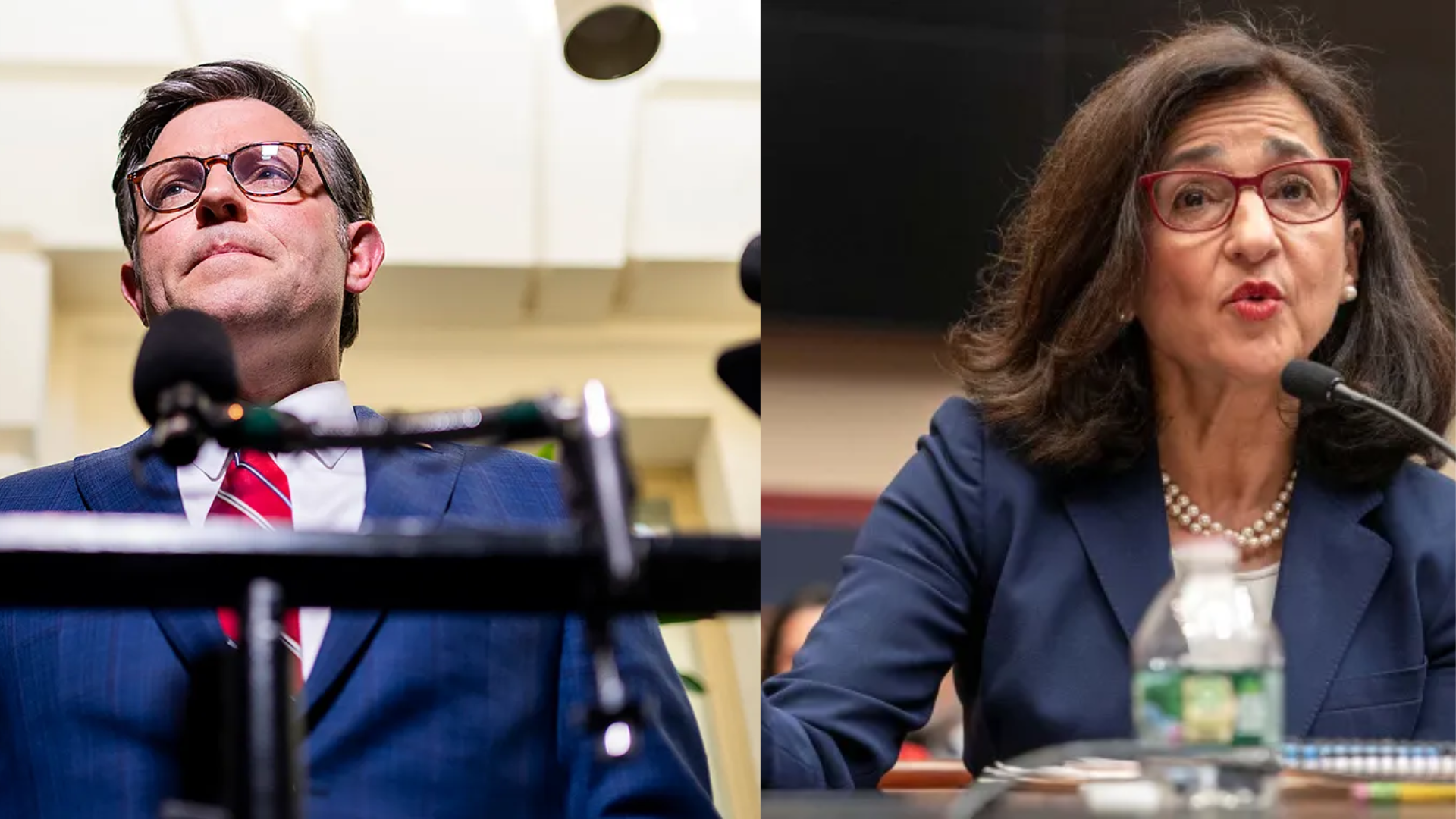
Elon Musk’s SpaceX created a new world record by launching 143 satellites on a single, Falcon 9 rocket, last night. SpaceX has beaten the Indian space agency, ISRO’s record of deploying 104 satellites in a single launch in February 2017. SpaceX has called this mission “Transporter-1”, and under this mission, Falcon 9 rocket lifted off from Florida’s Cape Carnival at 8.31pm IST and placed 143 commercial and Government satellites into space in a total of about 90 minutes.
The launch was the first of SpaceX’s dedicated rideshare missions, called SmallSat Rideshare Programs, in which it splits up the payload capacity of its rocket among multiple customers, resulting in a reduced cost for each but still providing SpaceX with a full launch and all the revenue it requires to justify lauding one of its vehicles. Out of the 143 satellites launched today, 133 were from other companies who had booked rides.
The launch included commercial and government CubeSats, microsats and SpaceX also launched 10 of its own Starlink satellites, adding to the already more than 1,000 already sent to orbit to power SpaceX’s own broadband communication network. During a launch broadcast last week, SpaceX revealed that it has begun serving beta customers in Canada and is expanding to the UK with its private pre-launch test of that service.
Onboard, was also a spacecraft belonging to NASA. With these satellites, SpaceX aims to provide near-global broadband internet coverage all over the world by 2021. According to sources, SpaceX offered a very low price of 15,000 dollars per kilogram for each satellite to be delivered to a polar sun-synchronous orbit.
The mission included a successful landing and recovery of the Falcon 9 rocket’s first-stage booster, the fifth for this particular booster, and a dual recovery of the fairing halves used to protect the cargo during launch, which were fished out of the Atlantic Ocean using its recovery vessels and will be refurbished and reused.
The rideshare model that SpaceX now has in place should help smaller new space companies and startups like these build out their operational on-orbit constellations faster, complementing other small payload launchers like Rocket Lab, and new entrant, Virgin Orbit, to name a few.
Also read: ISRO to launch space vehicle reserved to carry only private satellites in February

